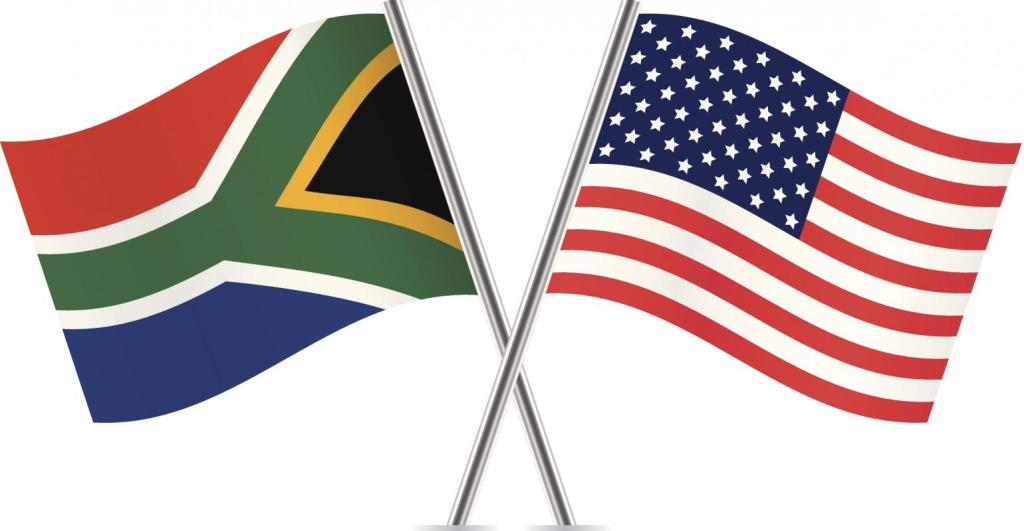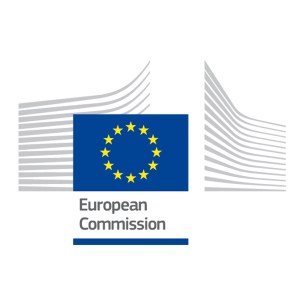
The US has narrowed its list of countries it considers to be developing nations, including SA, to prevent them getting special trade preferences.
SA is set to lose preferential access to US markets after the Trump administration moved to change key exemptions to America’s trade-remedy laws on Monday.
In 2019, US President Donald Trump issued an executive memo that asked US trade representative Robert Lighthizer to determine whether there has been “substantial progress” towards limiting the number of countries considered developing nations.
“The WTO [World Trade Organisation] is BROKEN when the world’s RICHEST countries claim to be developing countries to avoid WTO rules and get special treatment. NO more!!! Today I directed the U.S. Trade Representative to take action so that countries stop CHEATING the system at the expense of the USA!” Trump said in a tweet in July.
In doing so, the US eliminated its special preferences for a list of self-declared developing countries that includes Albania; Argentina; Armenia; Brazil; Bulgaria; China; Colombia; Costa Rica; Georgia; Hong Kong; India; Indonesia; Kazakhstan; the Kyrgyz Republic; Malaysia; Moldova; Montenegro; North Macedonia; Romania; Singapore; South Africa; South Korea; Thailand; Ukraine; and Vietnam.
The US trade representative said the decision to revise its developing country methodology for countervailing duty investigations is necessary because America’s previous guidance — which dates back to 1998 — “is now obsolete.”
In a separate, but related matter the US is already considering whether SA can continue to be part of its preferential trade programme.
The Trump administration wants to reconsider SA’s preferential access to its markets over concerns that the Copyright Amendment Bill will threaten intellectual property (IP) rights. Should the US decide to suspend SA from the trade programme, the country could lose as much as R34bn in export revenue. The bill, which is being opposed by several local and international lobby groups, has been on President Cyril Ramaphosa’s desk for 10 months.
The International Association for the Protection of Intellectual Property (AIPPI), which represents US companies that produce copyright-protected material including computer software, films, television programmes, music, books, and journals (electronic and print media), is objecting to the bill because of the risk it poses to US IP rights. As a retaliatory measure, the association has been lobbying the US government to withdraw SA’s preferential trade status.
Under the US Trade Act, one of the criteria for eligibility for the generalised system of preferences (GSP) programme is that the state “provide ‘adequate and effective protection’ of American copyrighted works and sound recordings”.
Source: Article by Bekezela Phakathi, Business Day, 11 February 2020
Other useful reads –
South Africa will caution Trump on ‘premature’ trade review (Tralac)


You must be logged in to post a comment.